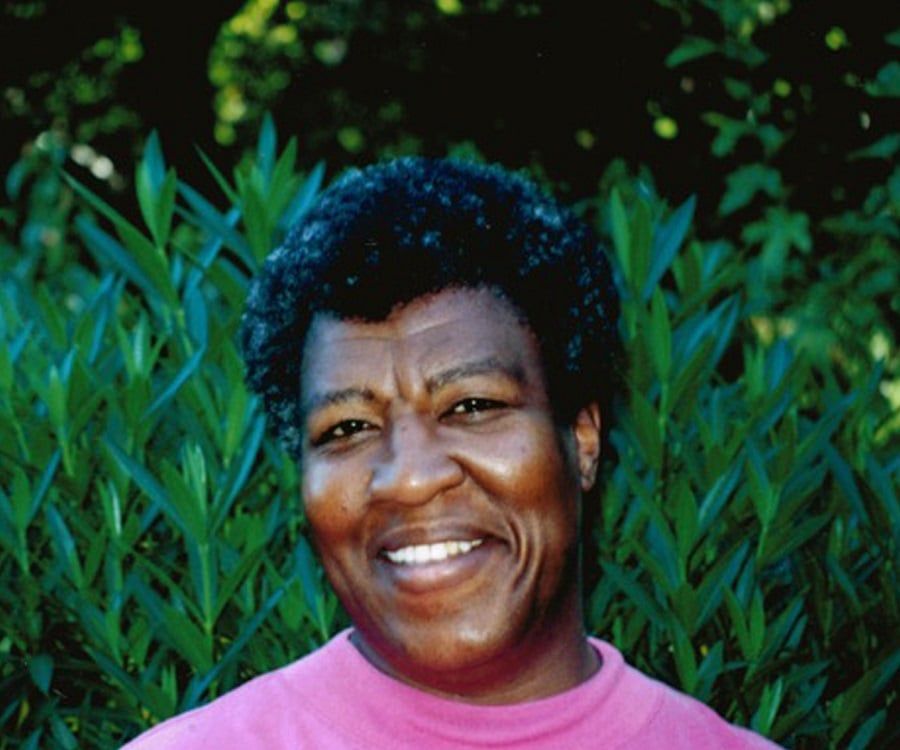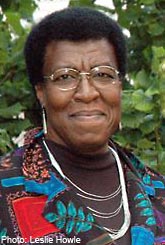

While drafting one autobiographical note, she described herself as “a hermit in the middle of Los Angeles - a pessimist if I’m not careful, a feminist, always a Black, a quiet egoist, a former Baptist and an oil-and-water combination of ambition, laziness, insecurity, certainty and drive.”

Her responses were intended for her publisher - and ultimately for the world - but they were written especially for herself. With great discipline, she engaged honestly with a set of questions about who she was and where she was going. My books will be read by millions of people! I will travel whenever and wherever in the world that I choose. I will help poor Black youngsters broaden their horizons. I will buy a beautiful home in an excellent neighborhood. She recorded her goals and aspirations in her personal journals in terms that have since resonated across the decades: Part of what has made Butler so beloved is the work that preceded these honors: the way she envisioned her own future and encouraged herself to keep going despite the very real obstacles in her path.

Butler, “Her imaginative stories are transcendent fables, which have as much to do with the future as with the present and the past.” The MacArthur Foundation said of Octavia E. In 1995, she became the first science fiction writer to be awarded a MacArthur “genius” grant. She wrote 12 novels and won each of science fiction’s highest honors. What follows is a tour of the worlds that made her - and the worlds that she made. The future she wrote about is now our present moment. Sixteen years after her death, the writer Octavia Butler is experiencing a renaissance.īutler, seen here on a mural at a middle school that bears her name, is celebrated for novels that grappled with extremism, racial justice and the climate crisis.


 0 kommentar(er)
0 kommentar(er)
